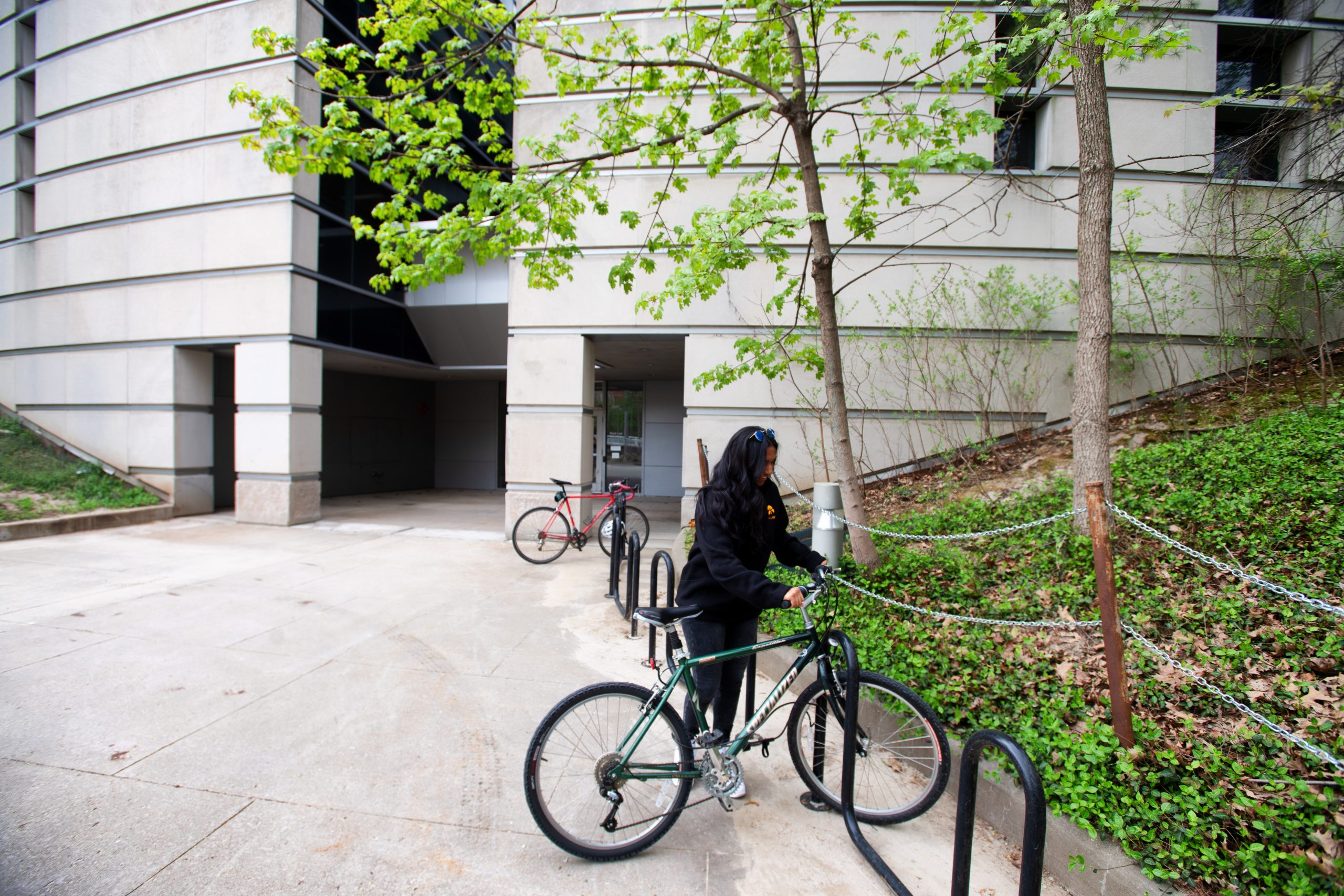Introduction

Welcome to the Exploring and Applying Universal Design for Learning: A Reflective Teaching Guide!
This Guide may help you to:
- Develop awareness around Universal Design for Learning, accessibility, and inclusive teaching practices.
- Facilitate critical reflection on “wicked questions” related to UDL, accessibility, and inclusion through guiding questions and note-taking activities.
This pressbook is a living document that evolved from materials from the Center for Teaching’s Thinking with UDL lunch & learn series held in Spring 2023. As this is a living and evolving resource, the date of the latest revision will appear on the homepage.
This guide provides an opportunity to help instructors across disciplines meaningfully reflect on how to make the courses more inclusive and UDL-informed. Grounded in a dynamic, developmental approach, this resource will suggest general frameworks, evidence-based strategies, and considerations to increase belonging and accessibility for students with diverse backgrounds. Redesigning your course with accessibility in mind can be overwhelming and we encourage the helpful approaches of Tobin and Behling’s (2018) plus-one thinking and of James Lang’s (2021) small teaching. As described later in this guide, Tobin and Behling offer a Plus-one approach to making meaningful change. Relatedly, Lang argues for the value of “small but powerful modifications to our course design and teaching practices” (Lang, p. 4). If you’re feeling overwhelmed, remember that you can focus on small aspects of your course based on each chapter.
The guiding prompts and activities offered by this pressbook aim to facilitate a reflective teaching practice and help to adapt the strategies to your own teaching context. Stephen Brookfield defines critical reflection as “the sustained and intentional process of identifying and checking the accuracy and validity of our teaching assumptions (Brookfield, 2017, p. 3). To examine these assumptions, brainstorm, and plan for the next steps, jot down your notes using the designated sections. You can download and save your personal notes to continue critical reflection later. These private notes are solely for your use – no other readers, authors, or administrators can access them. Taking time to record your thoughts can deepen the value of working through the guide and foster critically reflective teaching.
In this resource, we intentionally try to avoid “best practices” and “for all” phrasings and encourage critical reflection before adapting inclusive strategies offered by this resource and the UDL guidelines in general. We want to acknowledge that the “for all” language that typically characterizes UDL can present some limits: while the approach aims to be universal and supportive towards all students, teaching can be much more nuanced, as instructors and students are affected by their contexts, positionalities, and various structural inequities (Gagné, 2021).
Have an idea or a question about UDL or another teaching topic? The Center provides expert support for all instructors and leads efforts to build a culture that recognizes and rewards teaching excellence. Contact the Center for Teaching at teaching@uiowa.edu for a consultation.
We’re happy to connect with you and with appropriate campus partners and would be excited to facilitate a tailored UDL workshop or conversation for your department or group. Sign up for our newsletter to learn about upcoming opportunities including a UDL Community of Practice launching in 2024 and our Inclusive teaching book club.
How to navigate the pressbooks format:
- This pressbook can be accessed on phones, tablets, and computers.
- A left/right arrow bar at the bottom of each page lets you flip through the pages of the guide. See below:

- The table of contents is in the top left corner with a drop-down arrow to expand all contents.
- Click the plus (+) next to any chapter in the table of contents to show all sections within that chapter.
- You can return to the homepage from any page by clicking the guide title at the top center.
- On the homepage, the guide can be downloaded in various formats for accessibility and offline reference. Use the “Download this book” drop-down menu to select the desired file format: PDF, EPUB (for eReaders), or different editable file types.
- Use interactive features of the book: note-taking feature, guiding questions, and checklists.
Accessibility statement
We are committed to ensuring that our pressbook is accessible to everyone. To meet this goal, we aim to:
- Provide alt-text descriptions for all images to support screen readers
- Ensure all content can be navigated using just a keyboard
- Use descriptive link text so the purpose of each link is clear out of context
- Provide easily readable font sizes and color contrast for text
- Structure headings and content using semantic HTML markup for screen readers
- Ensure all video content is captioned
- Allow users to control text sizing and color contrast settings
- Continuously review and improve the accessibility of the guide
If you encounter any difficulties accessing content in this pressbook, please contact us at teaching@uiowa.edu and provide a description of the problem along with the web address or page title. We will make every effort to resolve access issues.
References
Brookfield, S. D. (2017). Becoming a critically reflective teacher (2nd ed.). Jossey-Bass.
Gagné, A. (2021). Accessibility framing and “for all” discourse. OLT Faculty Development. https://www.oltfaculty.com/post/accessibility-framing-and-for-all-discourse
Lang, J. M. (2021). Small teaching: Everyday lessons from the science of learning (2nd ed.). Jossey-Bass.
Tobin, T. J., & Behling, K. T. (2018). Reach everyone, teach everyone: Universal design for learning in higher education. West Virginia University Press.
